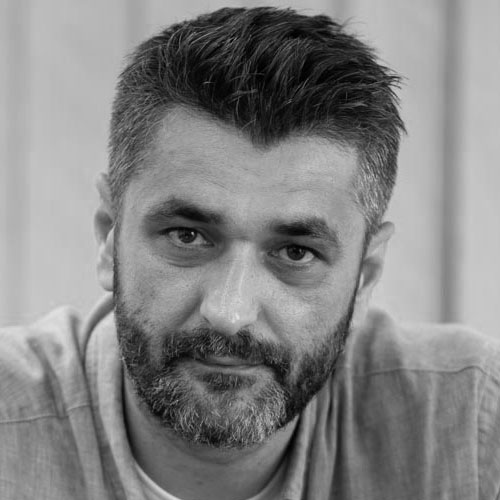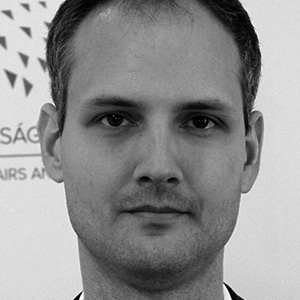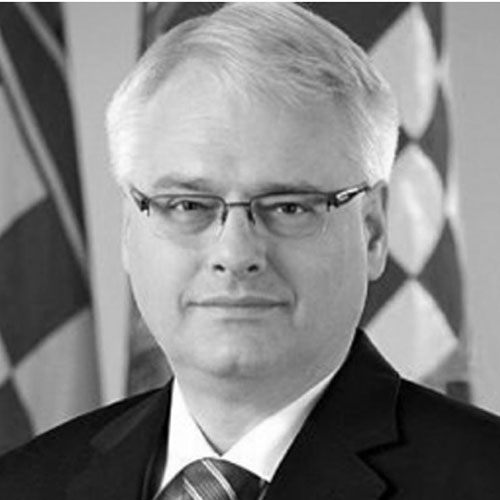The world is once again entering into a strategic environment defined by multipolarity. China and Russia’s rise as global actors and the growing rift between the United States and Europe indicate that the future of international politics will be marked, once again, by competition between great powers. With its strategic geopolitical location, the Balkans has become one of the key sites of this growing competition. Although the contest for influence in the Balkans has been traditionally pursued by Europe and Russia, the United States and China are also raising their visibility in the region.
NATO enlargement in the region, President Trump’s latest attempt to solve the Serbia-Kosovo dispute and Beijing’s assertive economic programmes as part of the much-disputed Belt and Road Initiative (BRI) show the extent of these relatively new actor’s interest in the region. This session aims to present an assessment of the current state of great power competition in the Balkans and its implications for regional states.
Discussion Themes
• Do the United States and the European Union have the same agenda in the Balkans?
• How does Russia shape and enact its foreign policy towards the Balkans? What tools does it use?
• How can China translate its growing economic influence in the Balkans to political influence? Where is the region situated vis-à-vis China’s competition with the West?
• Has recent NATO enlargement in the Balkans contributed to peace and stability in the region?
• What are the barriers to Balkan countries’ membership in the European Union? Does the issue lay in Brussels or is it to be found in systematic issues in the Balkan countries themselves?
• How do the NATO and EU membership processes of Balkan countries affect the domestic and foreign policies of regional states?
• Can renewed great power competition be translated into an advantage for Balkan states?
• How might great power competition impact the often-volatile peace within and between Balkan societies?
Discussants
• Yue Xiaoyong – Former Ambassador of Qatar, Jordan and Ireland of China
• Leon Malazogu – Former Executive Director of the Democracy for Development Institute & Former Ambassador of the Republic of Kosovo to Japan
• Ekaterina Entina – Professor & Deputy Vice Rector, HSE University, Russia
• Hamza Karcic – Professor, University of Sarajevo
• Birgül Demirtaş – Professor, Turkish-German University
• Vsevolod Samokhvalov – Adjunct Professor, Vesailus College, Brussels
• Zuhal Mert Uzuner – Associate Professor, Marmara University
• Mehmet Uğur Ekinci – Researcher, SETA Foundation



